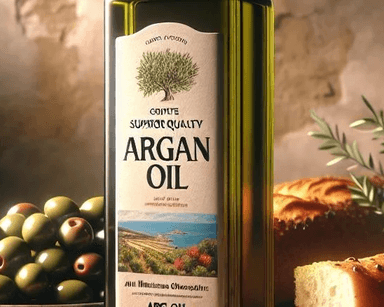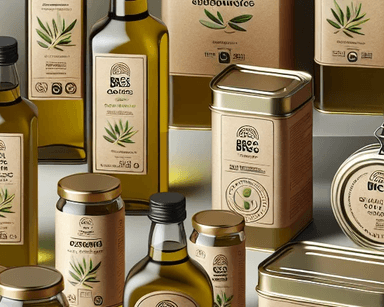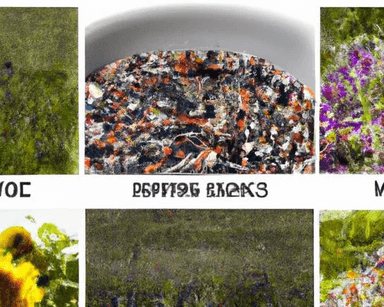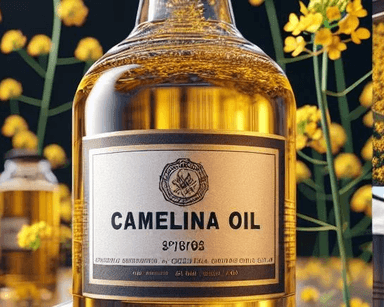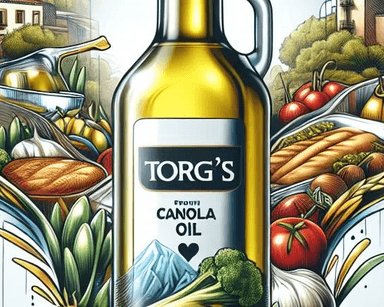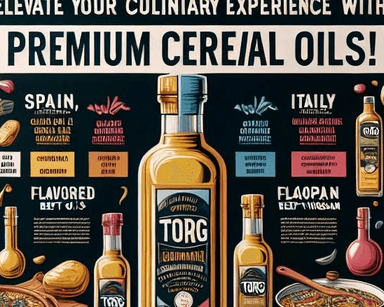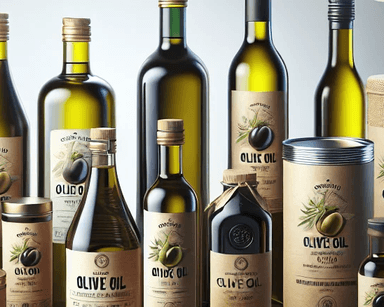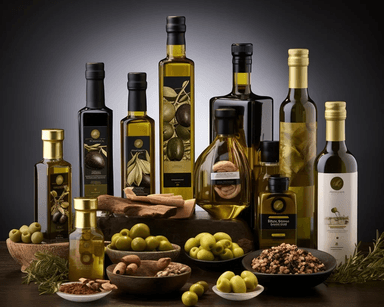What are Olive Oil packaging options?
Olive oil packaging options include bottles, tins, and bulk containers, catering to varying market needs. Bottles are commonly used for retail and come in various materials like glass or plastic. Tins are popular for preserving quality and are often used for private label products. Bulk containers are ideal for wholesale, allowing b2b buyers to source efficiently for large-scale production. Packaging choice often depends on the target market, whether it's foodservice in Europe or retail in the Mediterranean.
What are the top Olive Oil producing countries?
Italy and Spain are renowned as the top producers of olive oil, providing a diverse range of options for b2b sourcing. Greece and France also have significant production, each offering unique flavors and profiles. These countries excel in delivering high-quality olive oils, suitable for both wholesale and private label opportunities. Whether you are looking for traditional offerings or organic olive oil suppliers, exploring these Mediterranean regions can provide extensive options for your business needs.
What are the top Olive Oil trade shows?
Attending trade shows like the Olive Oil International Exhibition and the World Olive Oil Exhibition are key for sourcing olive oil suppliers. These events, often held in Italy and Spain, are crucial for connecting with certified olive oil producers and exploring b2b opportunities. Such shows feature a wide range of products, from organic to premium olive oils, highlighting current trends and innovations in the industry. They provide an excellent platform for buyers seeking quality and diversification.
What are the top Olive Oil trends in 2025?
Emerging trends in olive oil include the rise of organic and vegan products, aligning with consumer demands for healthier options. Premium olive oils, often produced in Italy or the Mediterranean, are gaining popularity due to their rich flavors and health benefits. The ability to produce in bulk, whether for foodservice or retail, is also in demand, particularly in wholesale markets. Torg offers extensive options for sourcing these trending olive oils, catering to the multifaceted needs of the market.
What are minimum order quantities in Olive Oil?
Minimum order quantities (MOQ) for olive oil vary depending on the branding requirements. For branded olive oils, MOQs range from 1000 to 3000 liters, making them accessible for smaller-scale businesses. Private label olive oils require higher volumes, with MOQs typically between 10,000 to 50,000 units, ensuring cost-effectiveness at scale. These volumes allow for strategic sourcing from top suppliers in Italy and Spain, where the industry thrives.
What are the top certificates for Olive Oil?
Top certifications for olive oil include GACC, IFS, BRCGS, and FSSC 22000, ensuring quality and safety standards are met. These certifications are crucial for companies looking to source from certified olive oil producers, either for branded or private label products. Especially in the b2b market, having these certifications can enhance trust and credibility among buyers, whether they're sourcing from Italy or Spain or for niche markets like organic olive oil.
Who are the best suppliers for private label Olive Oil in Europe?
The best private label Olive Oil suppliers in Europe include LES HUILERIES DU SOUSS BELHASSAN, DE LUCA GROUP SRL, Sager Food Products Inc. and agricultural cooperatives union- aeghion s.a.. These Olive Oil companies are known for their premium Olive Oil, flexible private label services, and efficient production, meeting the growing demand for high-quality, customizable Olive Oil products.




